While there are just eight primary cuts of beef, there are many more sub-primal and secondary beef cuts. These are the portions you are most familiar with when buying beef or ordering restaurant meals. Learn more about these common cuts and where they come from.
By increasing your beef cuts knowledge, you can save money by opting for cheaper cuts that are delicious with proper preparation. Expand your grilling, roasting, baking, and broiling skills. Discover which cuts are best for your purposes.
The 100% Grass Fed Beef from Thousand Hills Lifetime Grazed is raised using the principles of regenerative agriculture. Not only did these animals never eat anything other than grass or forage, but they did not receive any antibiotics, growth hormones, or grain. Regenerative beef practices help the environment and can combat climate change.
Primal Cuts
Beef is broken down into four quarters when dressed after slaughter. It’s the first division of the carcass. The front quarter contains four primal cuts:
- Brisket Cut – The front of the cow near the breastbone. Although fatty, it is tasty when slow-cooked and used for pot roast and corned beef.
- Chuck Cut – The forearm through the shoulder blade to part of the neck.
- Rib Cut – The sixth through twelfth ribs. Tender with plenty of fat marbling. An expensive cut.
- Shank Cut – The upper section of the legs. Full of connective tissue, it is an inexpensive cut.
The hind quarter contains another four primal cuts:
- Flank Cut – Located beneath the loin, and boneless. Tough but full of flavor, it is one of the cheaper cuts.
- Loins Cut – The top of the animal behind the rib. Some of the most expensive cuts are found here.
- Round Cut – The hind legs and rump. A tough and lean beef cut.
- Short plate – Beneath the rib cut, primarily the belly. Fatty and tough.
Sub-Primal and Secondary Beef Cuts
Purchasing beef rarely involves buying an entire cut. Primal cuts are seldom shipped to market in one section. Instead, the primal cuts are further broken down by the butcher into sub-primal and secondary beef cuts. While the two terms are sometimes used interchangeably, secondary beef cuts refer to an even further breakdown of the sub-primal cuts.
Sub-Primal Cuts
Keep in mind that some sources consider sub-primal cuts as secondary cuts, and vice versa. Here are standard sub-primal cuts:
- Brisket – Brisket plate and brisket point
- Chucks – Chuck tender, chuck roll, square chuck, and should clod
- Loins – Tenderloin, strip loin, and short loin
- Ribs – Ribeye roll, 7-bone rib, and ribeye sub-primal
- Round – Bottom round, top round, eye of round, sirloin tip
- Short plate – Hanger steak, inside skirt steak, outside skirt steak, plate short ribs, Franken (Korean) short ribs
There is no sub-primal cut for the flank. Any type of sub-primal cut is suitable for ground beef, although the cheapest cuts are generally used for this purpose.
Secondary Beef Cuts
The further division of sub-primal beef cuts results in secondary cuts. Many of these are also known as restaurant, portion, or wholesale cuts. Some secondary cuts go by various names. For instance, the chuck eye roll and the flat iron steak are the same cut.
Secondary beef cuts include:
- Chuck tender – Chuck tender roast and chuck tender steak
- Chuck roll – Chuck eye roll, chuck tender blade, mock tender, flat iron
- Shoulder clod – Shoulder clod arm roast, shoulder petite tender, shoulder tender medallions
- Square chuck – neck, blade, cross-rib, shoulder
- Ribeye roll – Ribeye steaks, ribeye roasts, ribeye filets, cowboy steaks
- Ribeye sub-primal – Back ribs and short ribs
- 7-bone rib – Prime rib
- Short loin – Porterhouse steak, T-bone, tri-tip roast, filet mignon, New York strip steak, Chateaubriand
- Top round – Inside round steak, round tip steak, tip roast
- Flank – Flank steak, skirt steak
100% Grass Fed Sub Primal Cuts and Secondary Beef Cuts
At Thousand Hills Lifetime Grazed, our beef cuts are the best 100% Grass Feed Beef products available. Shop our wide array of nutritious, tasty, and sustainable meats. Order more than $199 and enjoy free shipping!
“All the benefits of grass-fed beef are ONLY gained when the cattle are holistically grazed for their lifetime.”
—Matt Maier, Chief Renegade


